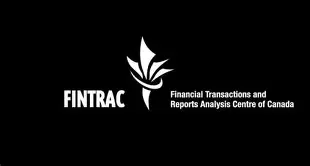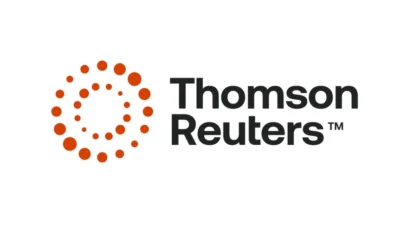Canada’s tech community woke up on 14 July to a warning it cannot ignore. The Financial Transactions and Reports Analysis Centre of Canada (FINTRAC) issued bulletin FINTRAC-2025-SB001, reporting a sharp rise in attempts by foreign actors to acquire Canadian dual-use technologies through cryptocurrency payments, shell firms and freight forwarders. Targets range from artificial-intelligence tools to robotics components and encrypted software, turning fledgling ventures into unwitting suppliers for overseas weapons programmes.
The bulletin notes that Canada is recognised for advanced capabilities in nuclear energy, biotechnology, aerospace and electronics. FINTRAC analysts describe a pattern in which small crypto payments are followed by larger wire transfers routed through front companies, tactics designed to slip beneath conventional export-control thresholds. A companion advisory from compliance specialists warns that pseudo-anonymous crypto flows are complicating efforts to detect the movement of sensitive know-how.
Why Dual-Use Tech Is at Risk
Early stage Canadian firms excel in AI, advanced hardware and bio-innovation, yet most run lean compliance teams and have limited export-control knowledge. Venture capital due diligence rarely probes buyer identities beyond basic checks. That gap is critical. A predictive-maintenance algorithm, for example, can double as targeting software for unmanned drones, while a medical-imaging model can be repurposed for surveillance. With governments investing billions in AI infrastructure, the reputational cost of seeing those tools weaponised could be severe.
FINTRAC highlights five sectors needing immediate vigilance:
- AI for image analysis and autonomous decision-making
- Robotics and motion-control systems
- Encryption or tracking tools that hide or trace digital activity
- Bioinformatics platforms capable of pathogen-level diagnostics
- Quantum and photonics components used in secure communications
Red flags include unregistered crypto wallets, sudden high-value contracts from unfamiliar overseas buyers and requests to ship through third country hubs.
How Founders Can Respond
The remedy is not only tighter enforcement but earlier education. Accelerators and university incubators can embed export-control briefings in their programmes. Investors can add national-security screens to term-sheet checklists. FINTRAC’s bulletin provides a ready template, outlining clear indicators, transaction patterns and sector-specific risks that ventures can adopt without significant cost. Policymakers, meanwhile, may need to update rules so intangible transfers—software downloads or cloud-based model updates—receive scrutiny equal to that of physical shipments.
FINTRAC plans outreach sessions with tech hubs later this summer. Start-ups hoping to attract foreign investors or customers will need to prove they understand proliferation finance as well as privacy law. The agency reminds firms that failing to report suspicious activity can bring penalties and, in serious cases, criminal charges.
Canada aspires to lead in responsible AI and deep-tech innovation. Achieving that status means ensuring breakthrough tools are not diverted to hostile uses before they reach market. FINTRAC’s alert exposes a quiet vulnerability and offers the sector a chance to address it before it becomes a headline crisis.





